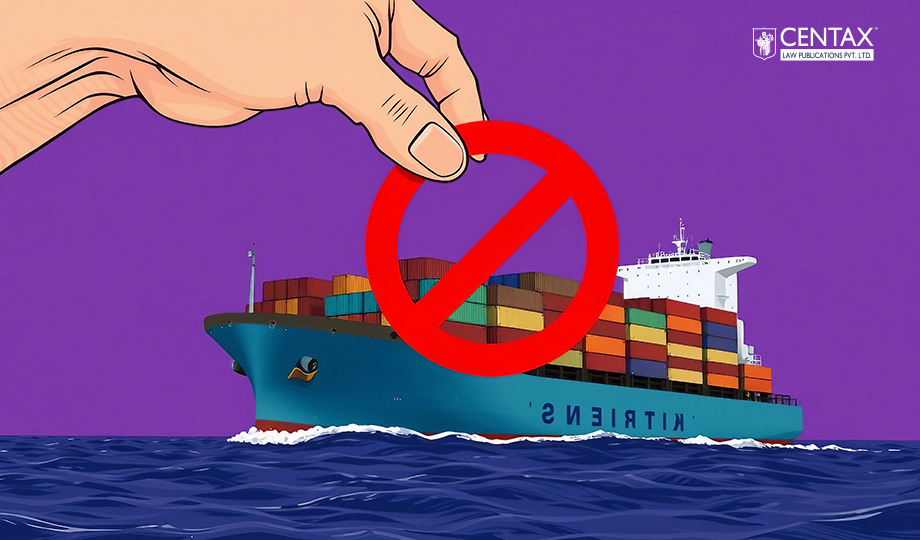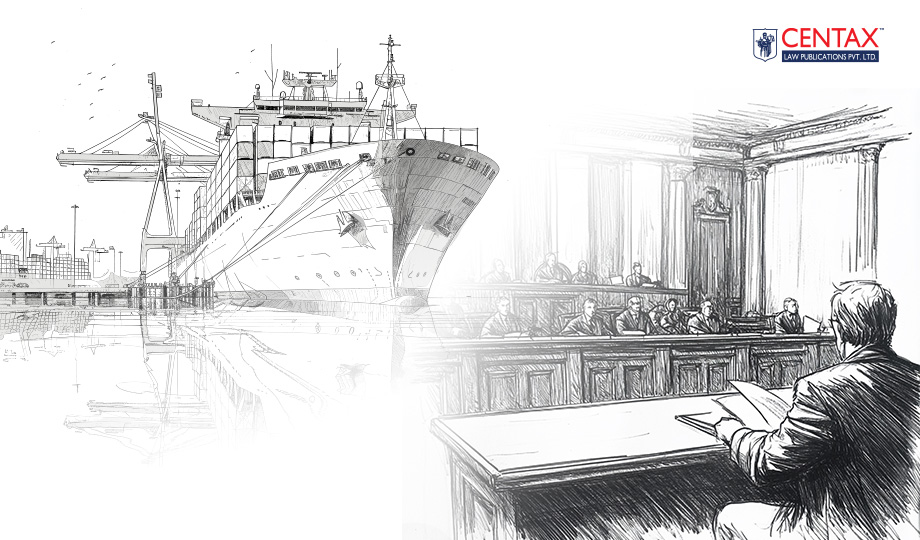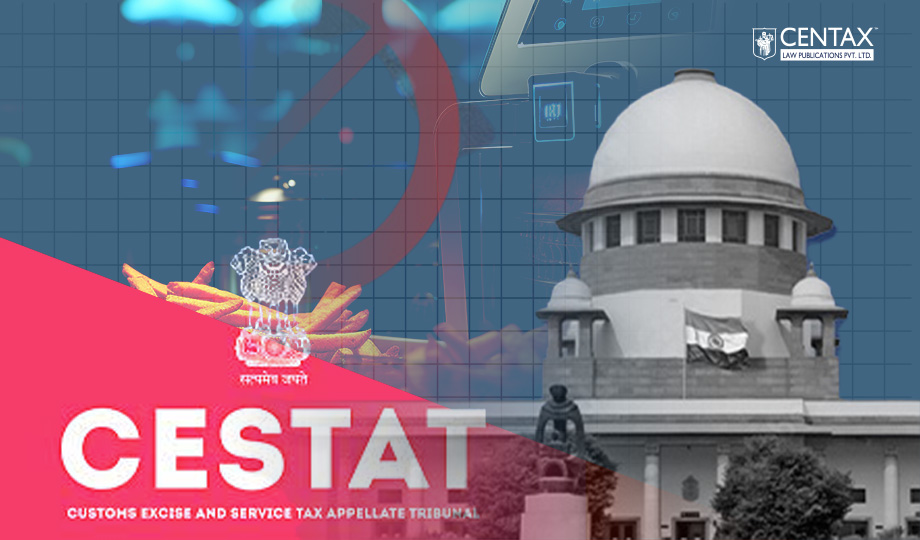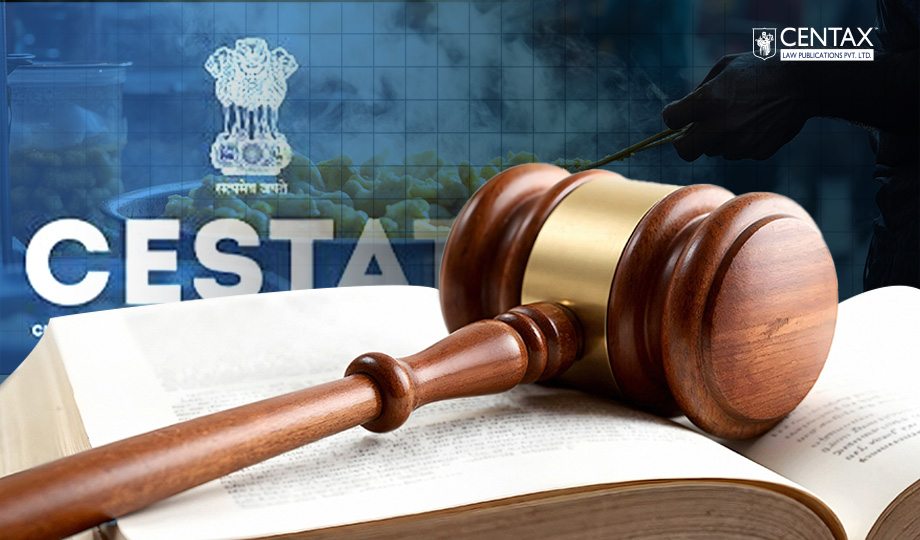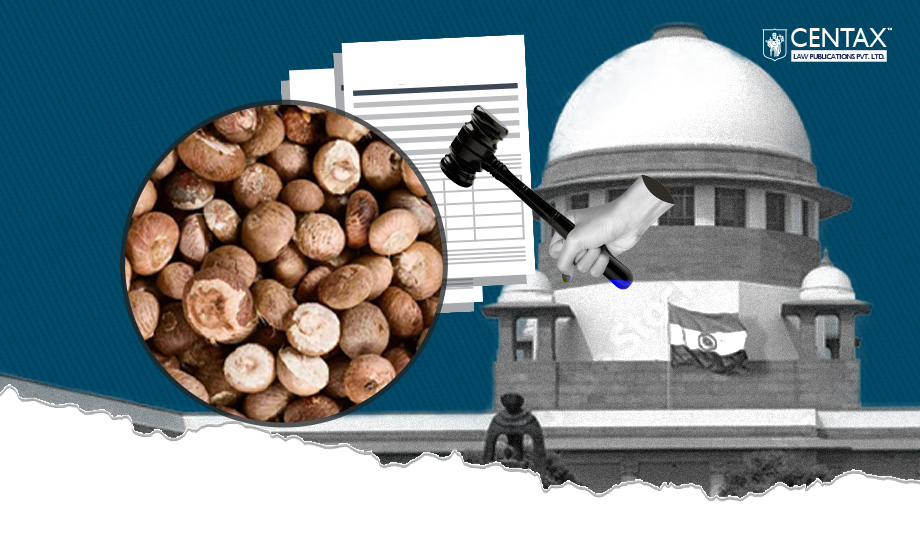
Case Details: Rawder Petroleum Pvt Ltd. Versus Union of India (2025) 32 Centax 169 (All.)
Judiciary and Counsel Details
- Rajan Roy and Om Prakash Shukla, JJ.
- S/Shri Ratnesh Chandra, Sankalp Mishra and Dheeraj Srivastava, for the Assessee.
- A.S.G.I., S/Shri Anindya Shastri, Dipak Seth and Pawan Kumar Awasthi, for the Department.
Facts of the Case
The appellant, in proceedings before the CESTAT contested the classification of areca (betel) nuts intended for import after being subjected to a defined thermal process comprising repeated cycles of roasting in ovens at approximately 150 degrees Celsius, followed by cooling at ambient temperature, until the moisture content was reduced below six percent. The Customs Authority for Advance Ruling (CAAR), based on processing details furnished by the overseas supplier, recorded that the goods had undergone sustained high-heat treatment over multiple cycles. The jurisdictional authority under CGST contended that the process amounted only to moderate heat treatment or dehydration as contemplated under Chapter 8, warranting classification under sub-heading 0802 80 90 of the Customs Tariff. In support of this position, reliance was placed on Notification No. 2/2025-26, dated 02-04-2025 issued by DGFT, which stated that roasted areca nuts did not fall under ITC (HS) Code 2008 19 20 but were instead covered under Tariff Item 0802 80 90. The appellant submitted that the thermal process constituted dry-roasting, resulting in irreversible physical and chemical changes, and thus the product could not be treated as merely dried or dehydrated. The matter was accordingly placed before CESTAT.
High Court Held
The CESTAT held that the processed areca nuts were classifiable under Tariff Item 2008 19 20 of the Customs Tariff. It found that the nature of the heat treatment applied constituted severe roasting, which could not be equated with the moderate heating or dehydration contemplated under Chapter 8. Although expressions such as dry-roasting, oil-roasting and fat-roasting are not defined in the Customs Tariff Act, 1975, the Tribunal emphasised the significance of established trade and commercial understanding. Roasting, as generally understood, involves high-temperature application leading to fundamental transformation of the product, including alteration in structure, appearance, and flavour, often producing a charred surface. Drying, in contrast, merely removes moisture for preservation and does not effect such changes. The Tribunal also noted that the issuance of Notification No. 2/2025-26, dated 02-04-2025 reflected underlying ambiguity within the Department regarding the correct tariff treatment. Holding that the process in question resulted in a distinct product covered under Chapter 20, the Tribunal affirmed classification under Tariff Item 2008 19 20.
List Of Case Cited
-
Alladi Venkateshwarlu v. Government of Andhra Pradesh — AIR 1978 SC 945 — Referred [Para 14]
-
Auto Campus — Advance Ruling No. CAAR/Mum/ARC/172-176/Mumbai, dated 10-12-2024 — Referred [Para 12]
-
Ayush Business Overseas v. Commissioner — 2021 (378) E.L.T. A142 (S.C.) — Referred [Para 14]
-
Commissioner v. Shahnaz Commodities International Pvt. Ltd. — 2023 (386) E.L.T. 214 (Mad.) = (2023) 9 Centax 183 (Mad.) — Relied on [Paras 17, 35]
-
Rawder Petroleum Pvt. Ltd. — (2025) 26 Centax 455 (A.A.R. – Cus. – Del.) — Referred [Para 10]
-
S.T. Enterprises v. Commissioner — 2021 (378) E.L.T. 514 (Tri. – Chennai) — Referred [Para 14]
-
STP Limited v. Collector — 1998 (97) E.L.T. 16 (S.C.) — Referred [Para 17]
-
Universal Impex v. Commissioner — Writ Petition No. 23836 of 2024, decided on 22-11-2024 by Madras High Court — Referred [Para 19]











